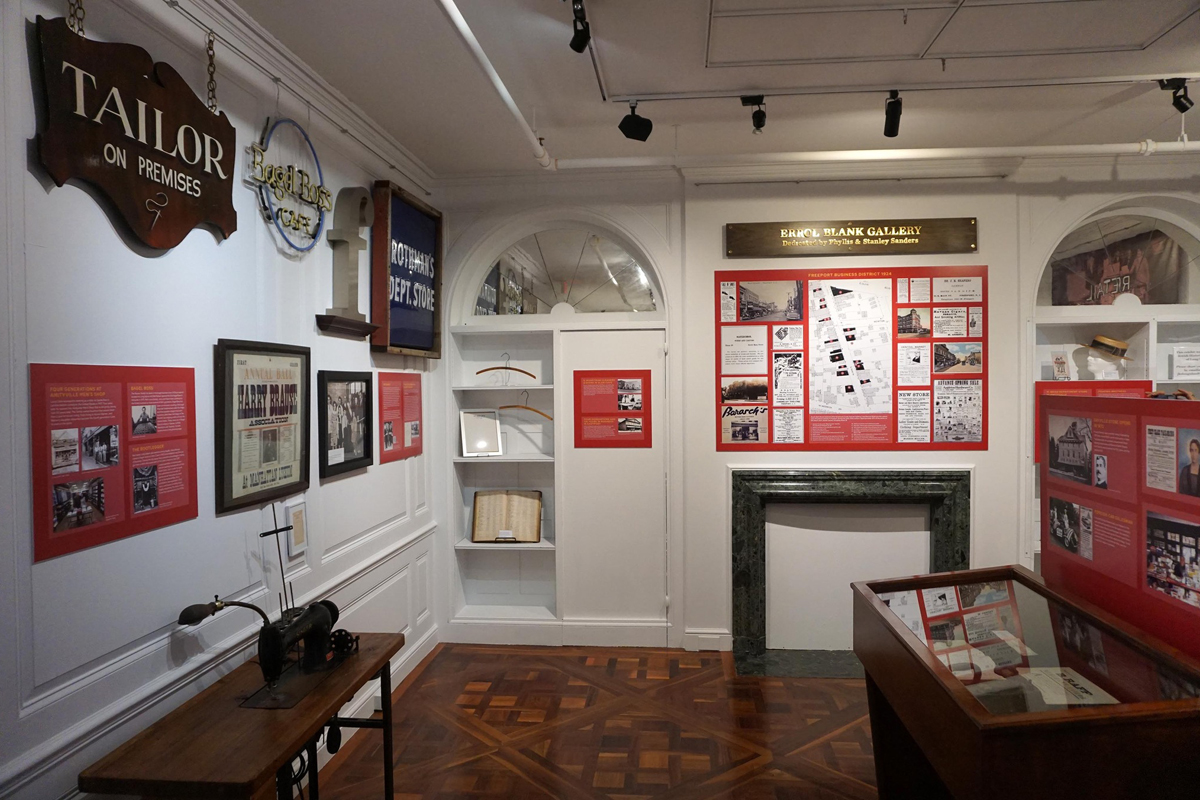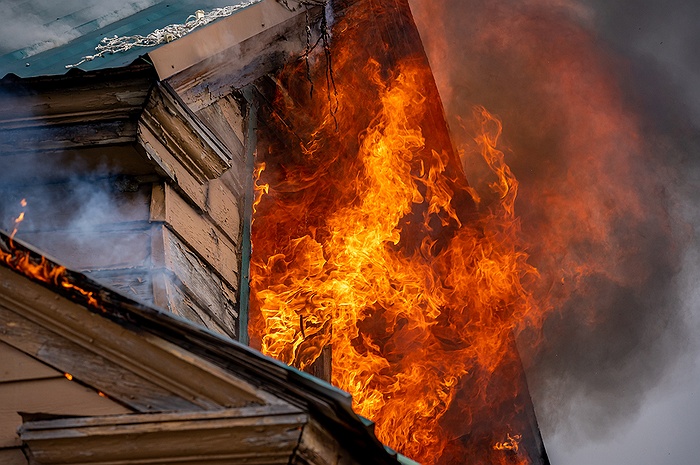
The LIJHS, an official organization documenting the rich history of Long Island Jews, was established in 2021.
Given the outsized influence that the Jewish people have had on Long Island over the years, one might find it rather odd that an official organization to document their rich history was first established only two years ago, and that it took a once-in-a-century global pandemic to become it. impetus to occur.
Brad Kolodny, Founder and President Long Island Jewish Historical Societysaid he first founded it in June 2021 after writing two books about Long Island’s Jewish past.
“This is a very recent organization that was born out of the fact that I personally wrote two books on the history of Jewish people on Long Island,” he said. “The first one came out in 2019 and it was called Seeking Refuge: 125 Years of Long Island Synagogue, a comprehensive look at every synagogue building ever used as a synagogue in Nassau and Suffolk, past and present. “
The second book, he says, was born out of the COVID-19 pandemic; Kolodny found himself unable to commute during the lockdown to curb the spread of the virus, and with plenty of free time on his hands, began working on his The second tome, which opens in 2022 with “The The Jews of Long Island: 1705-1918.

Image credit: Chris Leonardi
“I decided to devote myself to a new writing topic, which was to take a comprehensive look at the entire Jewish community in Nassau and Suffolk counties . . . when they came to Long Island, why did they decide to move east from New York City, how did they earn a living,” he said. “I also set out to dispel the myth that Jews didn’t come to Long Island until after World War II. The book basically outlined the fact that there were over 4,000 Jews living on Long Island even before the end of World War I. I found The names of all the Jews who lived here at the time appear in this book.”
The Jewish Historical Society was born because Kolodny needed to do a lot of research for his two books; while doing so, he says he met many people whose ancestors immigrated to Long Island at the turn of the century.
“These people have all these different records and artifacts of businesses their relatives started and their own family histories, but they don’t know what to do with them,” he said. “I told them that if they would donate them to me, I would put them to good use, and that’s where the Historical Society was born.”
And in the two years since its founding, the Historical Society, Kolodny said, has come a long way.

Image credit: Chris Leonardi
“We’ve applied for and won grants to erect historic markers, and we’ve erected one in 2021 to celebrate the 125th anniversary of the construction of the first synagogue on Long Island in Setauket in 1896,” he said.
Currently, the Historical Society does not have a building to call home; however, the organization is now utilizing the Nassau County Holocaust Memorial and Tolerance Centerthey are currently hosting a program called Making a Living: 300 Years of Jewish Enterprise in Long Islandwill be operational in late August 2023.
“They were very kind enough to offer a space in their special exhibit gallery, which is where we set up this exhibit,” Kolodny said. “The arrangement with the Holocaust Center is that we will have space for a year…the exhibition starts in October 2022 and our time will end at the end of August.”
Exhibits are grouped into four categories: agriculture, manufacturing, retail, and miscellaneous; Kolodny noted that the first three were the most dominant occupations of early Long Island Jews.

Image credit: Chris Leonardi
“The most common occupation is retail. For example, Southold has a department store called Rothman’s and we have the sign on the front of their building. We have the letter ‘F’ from Fortunoff, which started in Westbury in 1964 , in addition to historical items from all other different types of businesses,” he said. “As for manufacturing, they were factories in places like Setauket, Sag Harbor, and Patchogue that attracted Jewish immigrants, which started some of the earliest Jewish communities on Long Island.”
Additionally, Jews played an important role in Long Island’s agriculture; there were dairy farmers and duck farmers, as well as farmers who grew traditional crops such as fruits and vegetables. The miscellaneous category covers newspaper publishers, doctors, lawyers, writers, and a host of other professions; Kolodny said there are also a large number of objects and artifacts representing both categories represented in the exhibition.
However, the imminent termination of the agreement with the Holocaust Center certainly does not represent the end of the Historical Society’s ability to hold educational exhibits on Jewish life on Long Island. In fact, Kolodny noted, the Historical Society is securing its own space to have an actual home in the near future.
Kolodney said the time allotted to him by the pandemic ultimately turned out to be a blessing in disguise, as it made him aware of the importance and need to represent the historic community of the Jewish people of Long Island, highlight the important contributions they made, and lead him to start The journey to make such a society finally become a reality.

Image credit: Chris Leonardi
“I’m surprised that Long Island didn’t have a Jewish historical society until we established it in 2021 … Long Island today is the fourth largest Jewish community in the country, and they didn’t have a historical society until now,” he said. “I’m proud that we were the first to do this, and I’m also pleased with the reception we’ve had and the success we’ve had early on.”
To learn more about the Long Island Jewish Historical Society, visit their website: https://www.jhsli.org.







